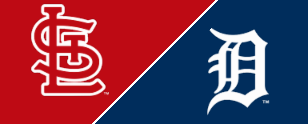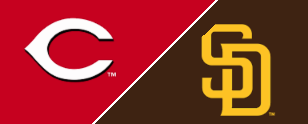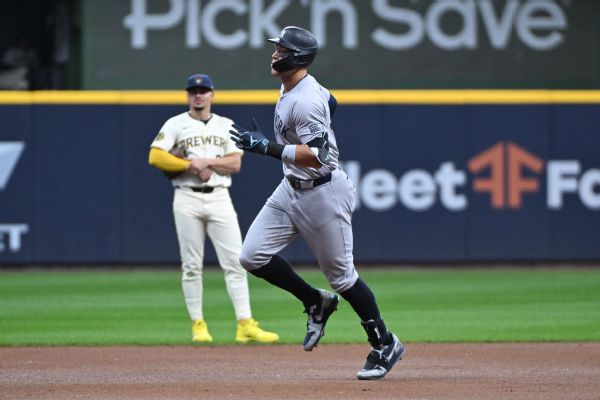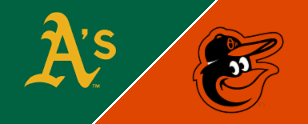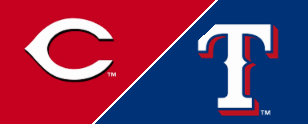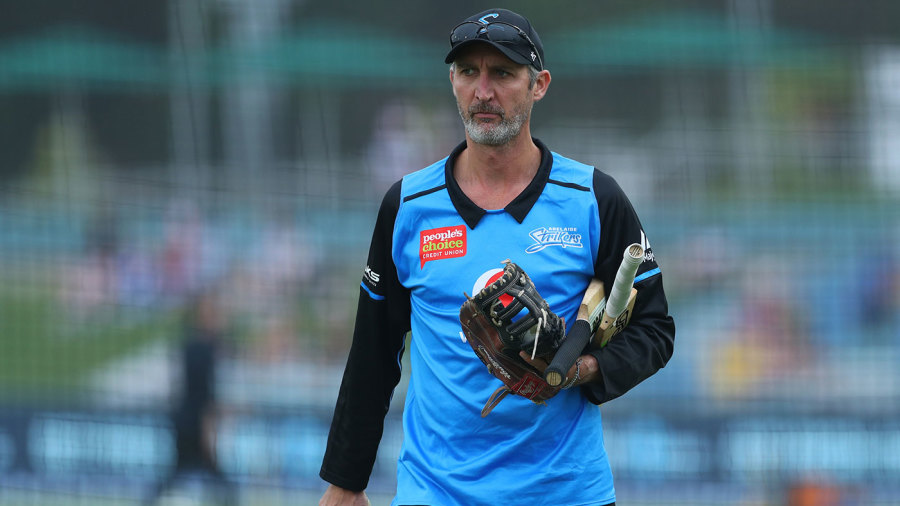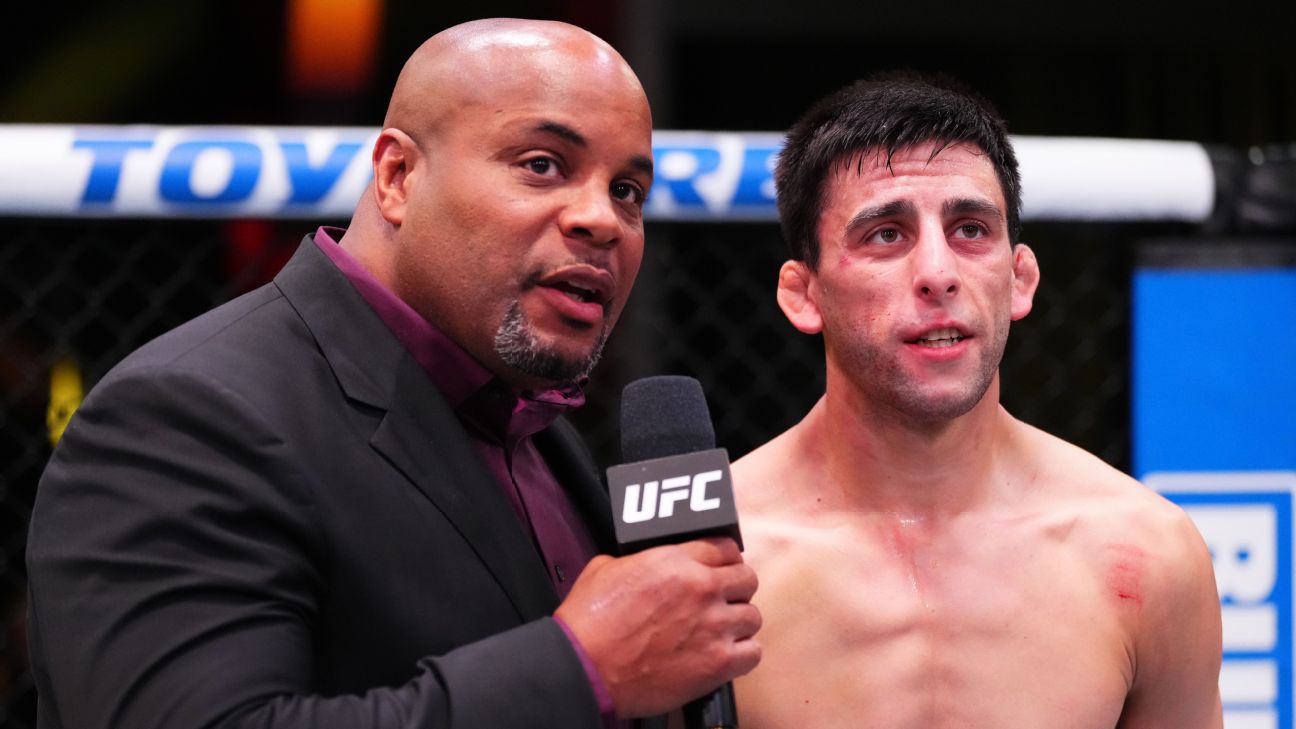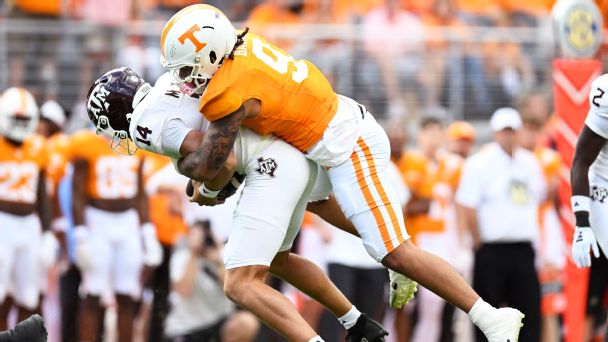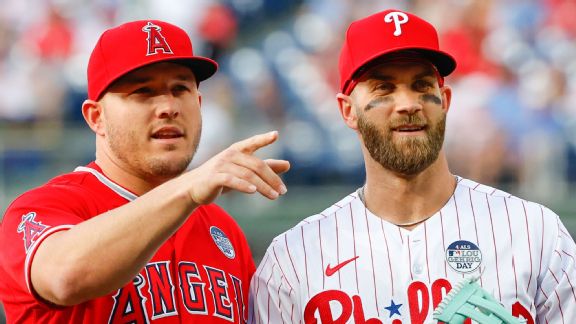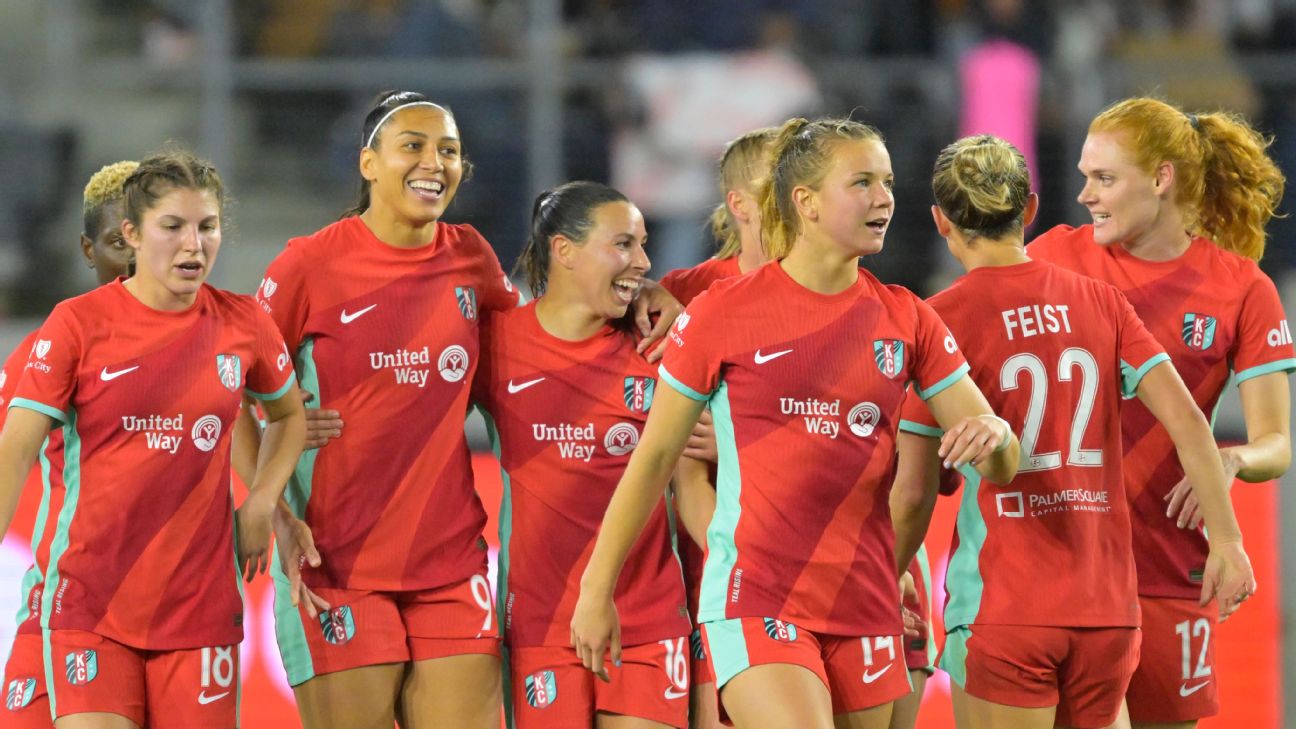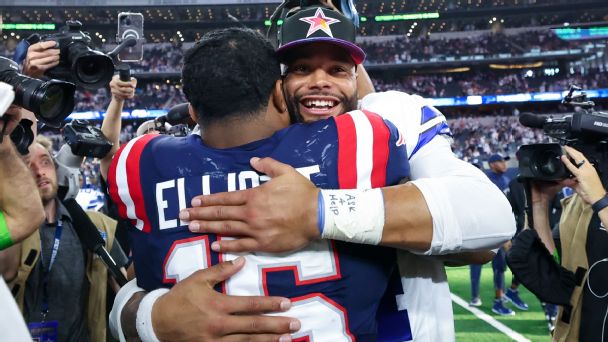![Mark Pope [608x342]](https://a.espncdn.com/photo/2024/0412/r1317708_608x342_16-9.jpg)
Last month, SMU shocked the college basketball world when it fired Rob Lanier following a 20-win season. The move opened the door for Andy Enfield to leave USC and fill that opening. Then, Eric Musselman left Arkansas to replace Enfield, and John Calipari signed a gigantic deal with the Razorbacks, which got us here, to the opening at Kentucky.
The initial rumblings suggested Kentucky athletic director Mitch Barnhart would swing for the fences. And he did.
But UConn head coach Dan Hurley, fresh off his back-to-back NCAA title runs, said no after reportedly being offered a huge salary. Then, Scott Drew decided to stay in Waco at Baylor. It was unclear if other candidates, such as Billy Donovan, were seriously approached.
Either way, it appeared Barnhart wanted to land an experienced coach with a winning pedigree.
Mark Pope was never mentioned until it appeared Kentucky had failed to attract its top candidates. Pope, who won a national title as a player at Kentucky in 1996, has a solid coaching record after stints at Utah Valley and BYU. But let's be honest here: This is a major difference from Calipari.
The expectation was Kentucky would make a splash with its next coach. Right now, there are more questions than answers about the expected hiring of Pope to be the next Wildcats head coach.
Jeff Borzello and Myron Medcalf attempt to answer a few of them, including what the move would mean for Pope, Kentucky and BYU.
What would compel Mark Pope to take the job at Kentucky? Why did Kentucky offer him the job?Myron Medcalf: Mitch Barnhart had a wish list of who's who coaches. I'm sure he'll admit he never thought he'd end up with Pope. There's nothing wrong with Pope. He's a good coach with a solid record at this point in his career. But this is Kentucky, arguably the top job in college basketball. Even though Pope has ties to the school, this is a significant promotion for a guy who coached at Utah Valley and BYU but never won an NCAA tournament game. But Barnhart might have preferred a younger coach -- Pope is 51 years old -- and familiarity when his top choices fell through.


